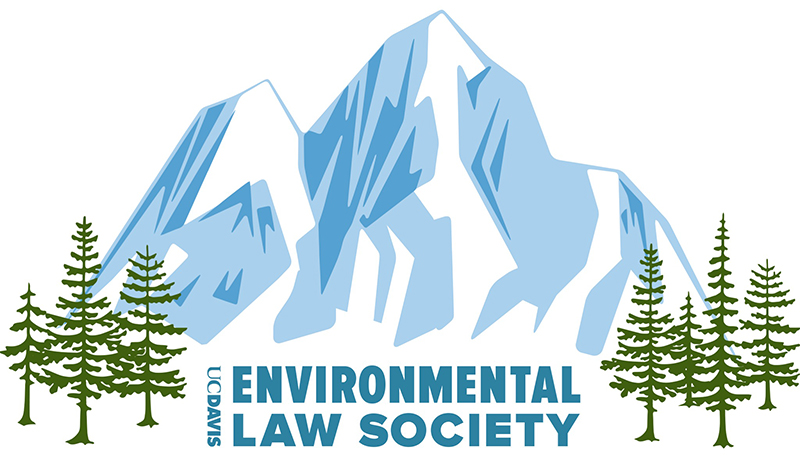The Future of CEQA: Challenges and Solutions for a Sustainable California
Keynote/general introduction - CEQA and the California Legislature: Recent Developments and Predictions for the Future
9:00-9:45 AM
Kip Lipper is the chief policy advisor on energy and environment for the Senate pro Tem, and has spent 35 years in the California Legislature. As a long time staffer in the California Legislature, Mr. Lipper has established himself as a key advisor for environmental legislation of all kinds in California. His keynote address will review the recent legislative developments of CEQA, and the impacts new legislation will have for California’s legal fields. The address will also discuss the latest CEQA Guidelines update, and Mr. Lipper will share some predictions about the future of CEQA in the upcoming legislative session. Mr. Lipper has worked on legislation covering a vast array of environmental issues in California, including safe drinking water, greenhouse gas emissions, and renewable energy, and will lend a unique perspective to introduce the future of CEQA in California as it faces several different legal challenges from different areas of environmental law.
Panel #1 - Nontraditional Uses of CEQA
9:55-11:10 AM
Over time, it has become a trend for CEQA to be used for many purposes other than just protecting the environment as it was originally designed to do. Some of these purposes include bringing suit under CEQA to actually prevent environmentally progressive projects. Other purposes include goals unrelated to the environment, such as trying to prevent development to limit business competition. These two alternative uses of CEQA overlap in some instances, such as the recent Google Bus litigation, in which petitioners seek to halt a project that arguably has a positive environmental impact for reasons unrelated to the environment. Our environmental law experts will analyze the impact and ramifications of CEQA being used for purposes other than those it was intended for. These leading attorneys will share their perspectives on what we might expect to occur on this issue going forward: Will these types of uses continue to expand? Will modifications be put in place to limit these types of uses?
Ellen Peter, Chief Counsel, California Air Resources Board
Jennifer Hernandez, Holland & Knight
Osha Meserve, Soluri Meserve
Moderator: Kelly Obranowicz, King Hall ‘15
Panel #2 - Tribal Resource Protection: AB 52 and its Implications
11:20- 12:35 PM
Assembly Bill 52 (Statutes of 2014) amended CEQA to require consultation by cities, counties, and other CEQA lead agencies when requested by a Native American tribe along with an evaluation of a new environmental resource category called “tribal cultural resources.” Effective July 1, 2015, this change to CEQA is very important to any city or county where one or more Native American tribes have a cultural affiliation. Tribal cultural resources can include sacred sites and cultural landscapes, in addition to more familiar categories of cultural resources. The Governor’s Office of Planning and Research is drafting CEQA guidelines and the Native American Heritage Commission has acquired substantial additional responsibilities. Brief presentations about the law’s new consultation and environmental review requirements will highlight perspectives of lead agencies, public agencies and development parties in interest. As this law has yet to take effect, this panel will have the unique opportunity to explore and discuss the possible legal implications AB 52 will have on CEQA going forward.
Holly Roberson, Governor’s Office of Planning & Research
Ken Bogdan, Department of Water Resources
Andrea Clark, Downey Brand LLP
Scott Williams, Berkey Williams LLP
Moderator: Sophie Tornatore, King Hall ‘15
Panel #3 - CEQA Application (or Not)? The Future of California’s High Speed Rail
1:10-2:25 PM
California’s High-Speed Rail program is perhaps the largest and most expensive capital project in the State’s history. This panel will discuss the potential environmental impacts and CEQA’s role in environmental review. Recently, the federal Surface Transportation Board determined that federal law preempts CEQA—however, the California Supreme Court has yet to rule on this issue. Further complicating the issue is language from Proposition 1A that provides state bond funding for high-speed rail, but may also require CEQA compliance. These specific topics will lead to broader discussion on the implications of possible federal preemption of state environmental laws—an issue that reaches well beyond high-speed rail as well as California’s borders.
Stuart Flashman, Law Offices of Stuart M. Flashman
Doug Carstens, Chatten-Brown & Carstens
Kate White, Deputy Secretary, Environmental Policy and Housing Coordination at California State Transportation Agency
Moderator: Rick Frank, Director, California Environmental Law & Policy Center
Panel #4 - Looking Forward Under CEQA: The Intersection of CEQA & Climate Change
2:35-3:50 PM
Attorneys involved in high-profile CEQA cases will discuss the ongoing evolution of CEQA practice to adapt to climate change. The panel will begin with an introduction to current controversies, many of which are currently pending review by the California Supreme Court. Expected topics include greenhouse gas significance thresholds, current case law regarding the use of future vs. present baselines, and a discussion of how climate-induced sea-level rise is being evaluated in the Bay Delta Conservation Plan EIR. We will then conclude with a moderated discussion of how CEQA analysis could or should evolve to better address climate change.
Sandy Crockett, Bay Area Air Quality Management District
Kevin Bundy, Center for Biological Diversity
Paul Kibel, Professor, Golden Gate University School of Law; Counsel, Water and Power Law Group, Berkeley
Moderator: Meredith Hankins, King Hall ‘16
